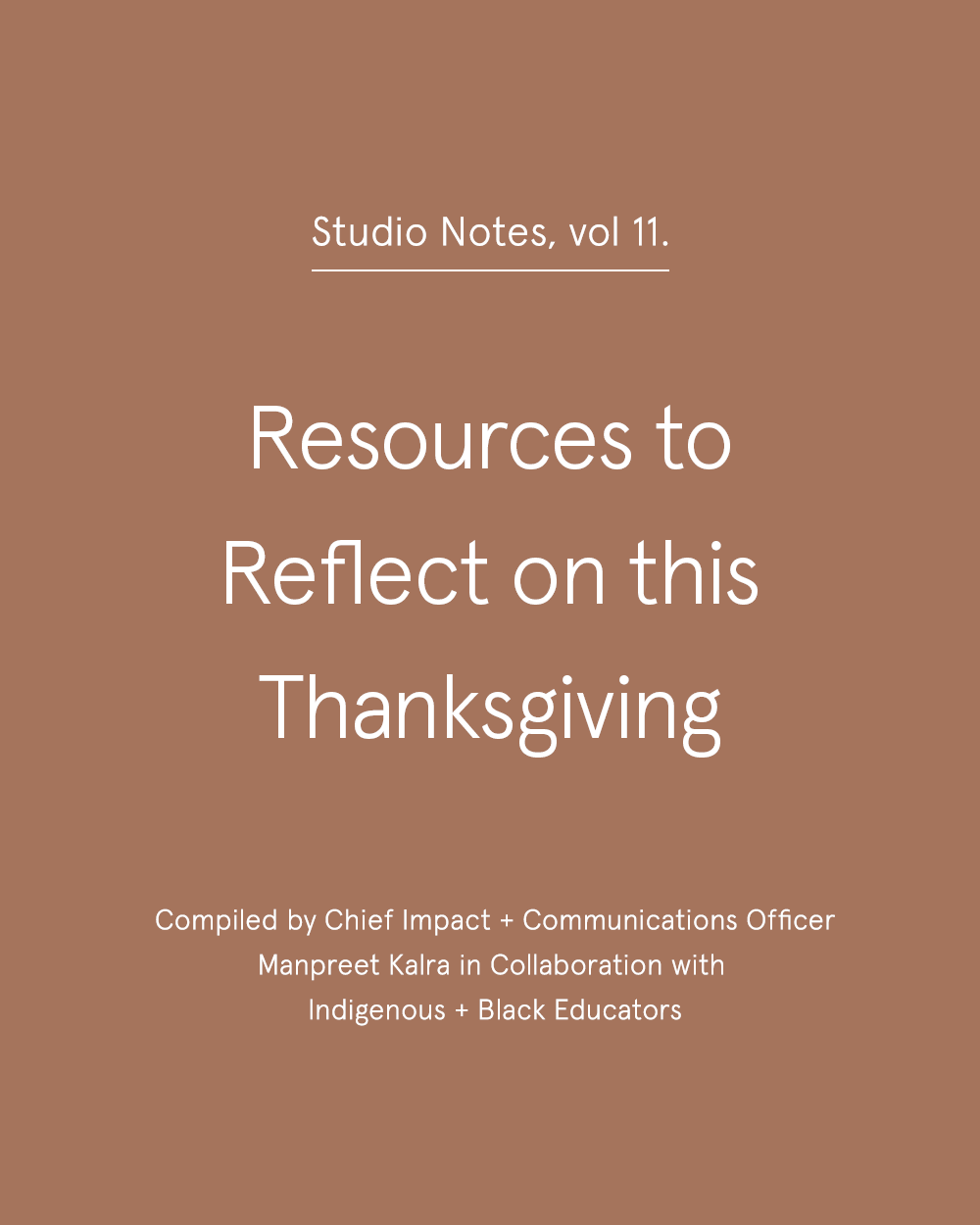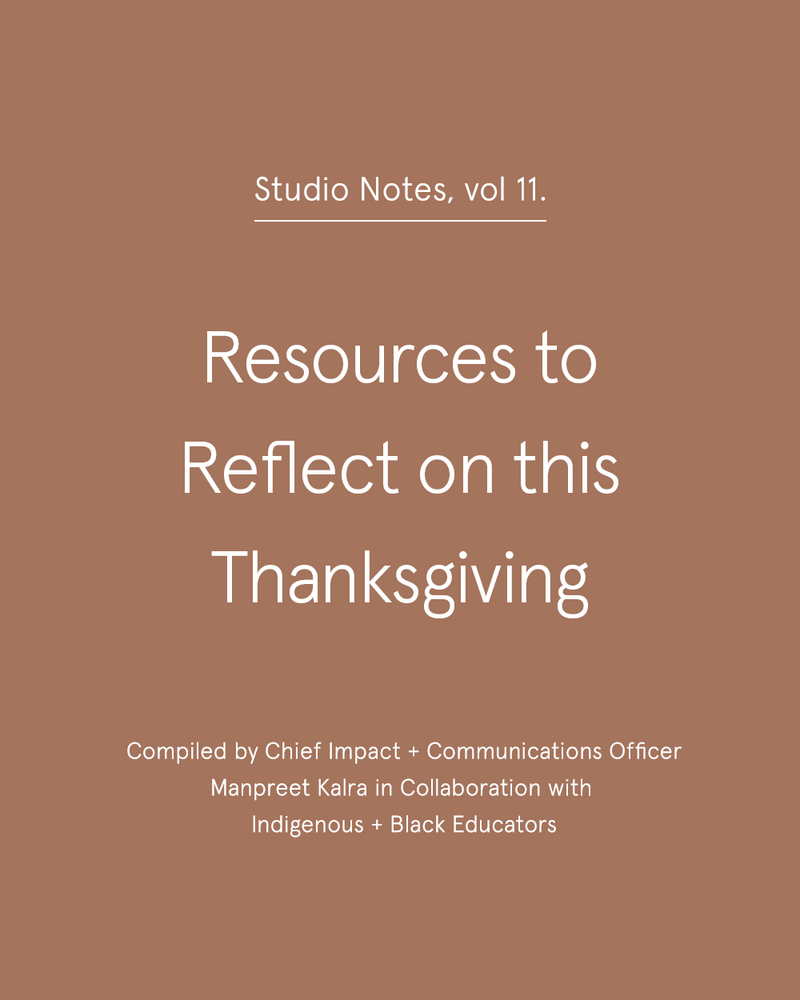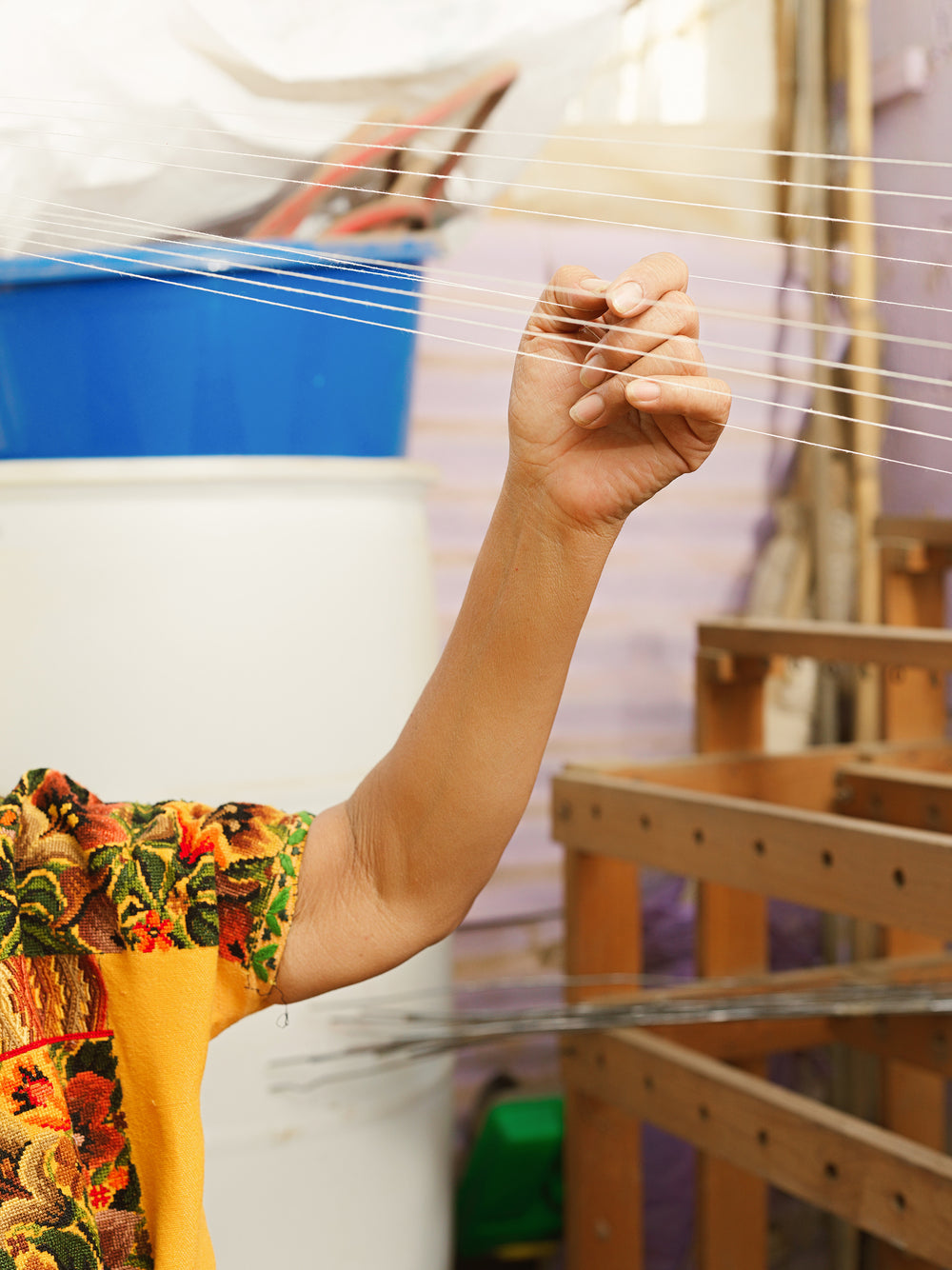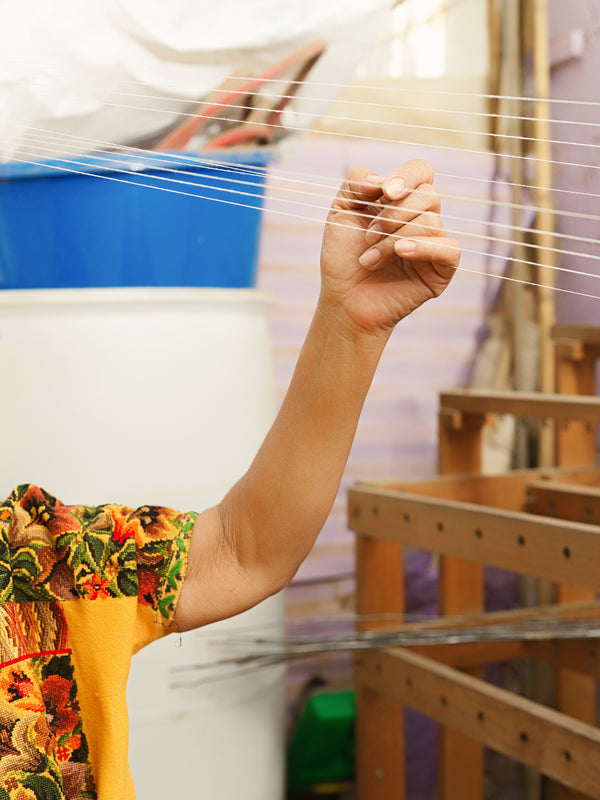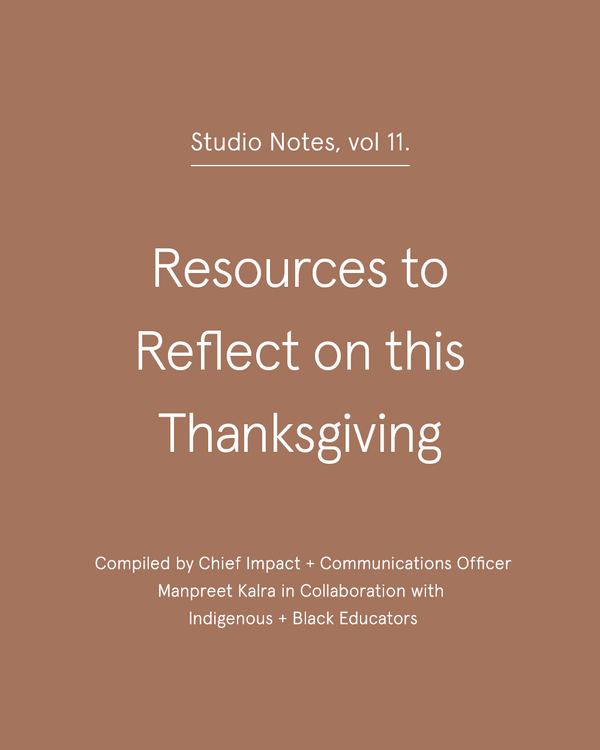Earlier this year, so many of us cried in rage and took to the streets upon learning about the United States Supreme Court’s decision to overturn Roe v. Wade. However, for pregnant Indigenous peoples around the country, access to abortions has been challenging (if not impossible) far before Roe v. Wade was overturned. At MINNA we support the right to bodily autonomy for all people. While the Supreme Court’s decision earlier this year to overturn Roe v. Wade has and will continue to further exacerbate existing inequities, disproportionately impacting those historically marginalized by systems of oppression particularly individuals of low socio-economic status, people residing in rural regions, people of color, queer and trans individuals, among others – many of these same marginalized communities have been struggling for access to even basic health care for generations.
Many tribal health centers, some of which are tribe-operated and others of which are Indian Health Services (IHS) operated, are located in rural regions of the country. These clinics are often federally funded, and therefore under the Hyde Amendment are unable to offer abortions (except in the case of rape or incest) due to restrictions on how federal funds can be used even within states where abortions are protected.
"The threats to our community are huge. When you talk about accessing abortion services or accessing services like sexual assault nurse examiners, most IHS programs do not have that because they're so underfunded that they can't even provide basic healthcare, much less these much-needed specialty areas," - Dr. Corrine Sanchez, the executive director of Tewa Women United (read the full interview)
Access to safe abortions is a conversation that requires us to unpack not just the importance of Roe v. Wade, but all the other ways in which the United States of America has chosen to make access to health care more difficult for pregnant people, particularly those who navigate multiple intersections of systemic oppression. The IHS has a long history of dehumanizing and mistreating Indigenous women. In the 60’s and 70’s, IHS conducted thousands of sterilizations on Indigenous women without their knowledge or informed consent. These realities, are just a few examples of a deeply rooted history of genocide, erasure and violence against Indigenous peoples on the occupied land we call the United States.
Abortions, like any other medical treatment, are part of essential health care. Denying essential health care is unjust and denying safe abortions only puts those most vulnerable at further harm. Below, I have curated a list of resources in collaboration with Indigenous + Black educators for you to reflect on. I hope you take the time to watch, listen, read, unlearn and relearn.
Dive Deeper:
Books:
Explore:
Observe National Day of Mourning:
The National Day of Mourning is a day of remembrance and protest organized by United American Indians of New England (UAINE). "Since 1970, Indigenous people & their allies have gathered at noon on Cole's Hill in Plymouth to commemorate a National Day of Mourning on the US Thanksgiving holiday. Many Native people do not celebrate the arrival of the Pilgrims & other European settlers. Thanksgiving Day is a reminder of the genocide of millions of Native people, the theft of Native lands and the erasure of Native cultures. Participants in National Day of Mourning honor Indigenous ancestors and Native resilience. It is a day of remembrance and spiritual connection, as well as a protest against the racism and oppression that Indigenous people continue to experience worldwide."
📌 If you are able to participate, or to watch the livestream, you can visit the UAINE website at 12pm EST on November 24, 2022.
Organizations to Redistribute to:
Pay Your Land Tax: Most Indigenous communities offer the opportunity to those who reside on their land to pay land tax. If you don’t know the name of your local tribe, use tools such as https://native-land.ca/ to look it up.
Soul Fire Farm is an Afro-Indigenous-centered community farm committed to uprooting racism and seeding sovereignty in the food system. They also happen to be our neighbors! With deep reverence for the land and wisdom of their ancestors, they work to reclaim the collective right to belong to the earth and to have agency in the food system. They bring diverse communities together to share skills on sustainable agriculture, natural building, spiritual activism, health, and environmental justice.
Black Farmer Fund is on a mission to create a thriving, resilient, and equitable food system by investing in black food systems entrepreneurs and communities in New York. The Black Farmer Fund will also serve as a bridge for black communities to participate in creating a food system that benefits those within and outside of black communities. We are defining wealth beyond financial and intellectual capital to include social capital and ancestral wisdom, to mitigate against climate change, exercise governance, strengthen solidarity, and preserve cultural and ancestral ways of being.
The Amah Mutsun Land Trust (AMLT) is an initiative of the Amah Mutsun Tribal Band, is the vehicle by which the Amah Mutsun access, protect, and steward lands that are integral to our identity and culture. The AMLT returns our tribe to our ancestral lands and restores our role as environmental stewards. Due to our difficult history and generations of physical, mental, and political abuses, our land stewardship practices were disrupted, and much of our culture was lost. AMLT serves not only in the re-learning of our history and restoration of indigenous management practices, it also serves as a vehicle for healing. By restoring our traditional ecological knowledge and revitalizing our relationship to Mother Earth, we also restore balance and harmony to the lands of our ancestors.
DIGDEEP Navajo Water Project: Over 40% of Navajo families don’t have clean, running water, right here in the United States. DIGDEEP is working across the Navajo Nation, where families living below the poverty line are forced to buy expensive bottled water or haul dirty water from ponds and livestock throughs up to 50 miles away. We’re developing new water sources, outfitting delivery trucks, and installing hot and cold running water in homes - making people happier, healthier and more equal. Because no American should struggle to live without clean, running water.
The Chapter House provides a virtual space for Indigenous Peoples and allies to appreciate art, convene and collaborate, celebrate individual and shared Indigenous cultures, and explore the complexities of the 21st Century Indigenous experience.
